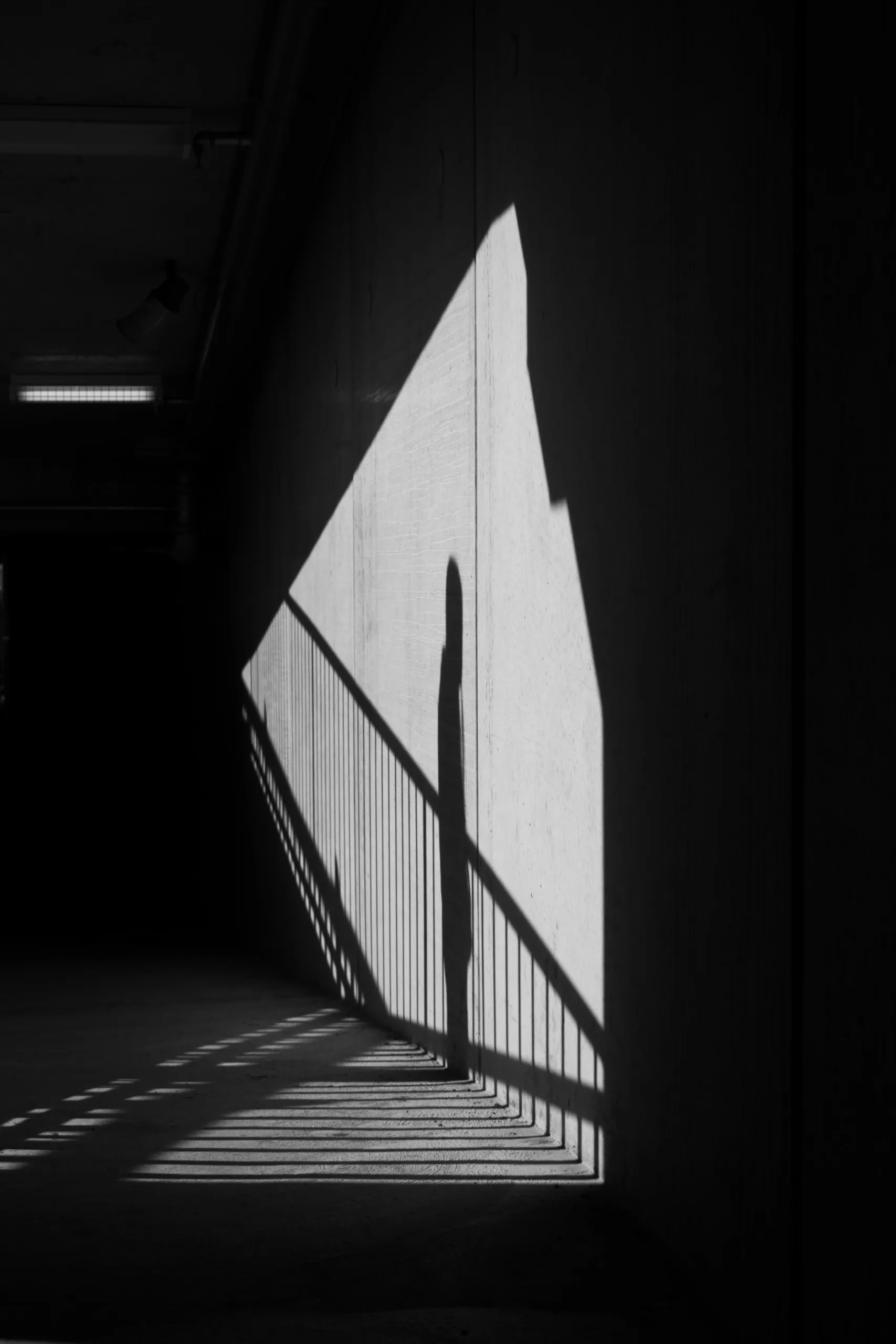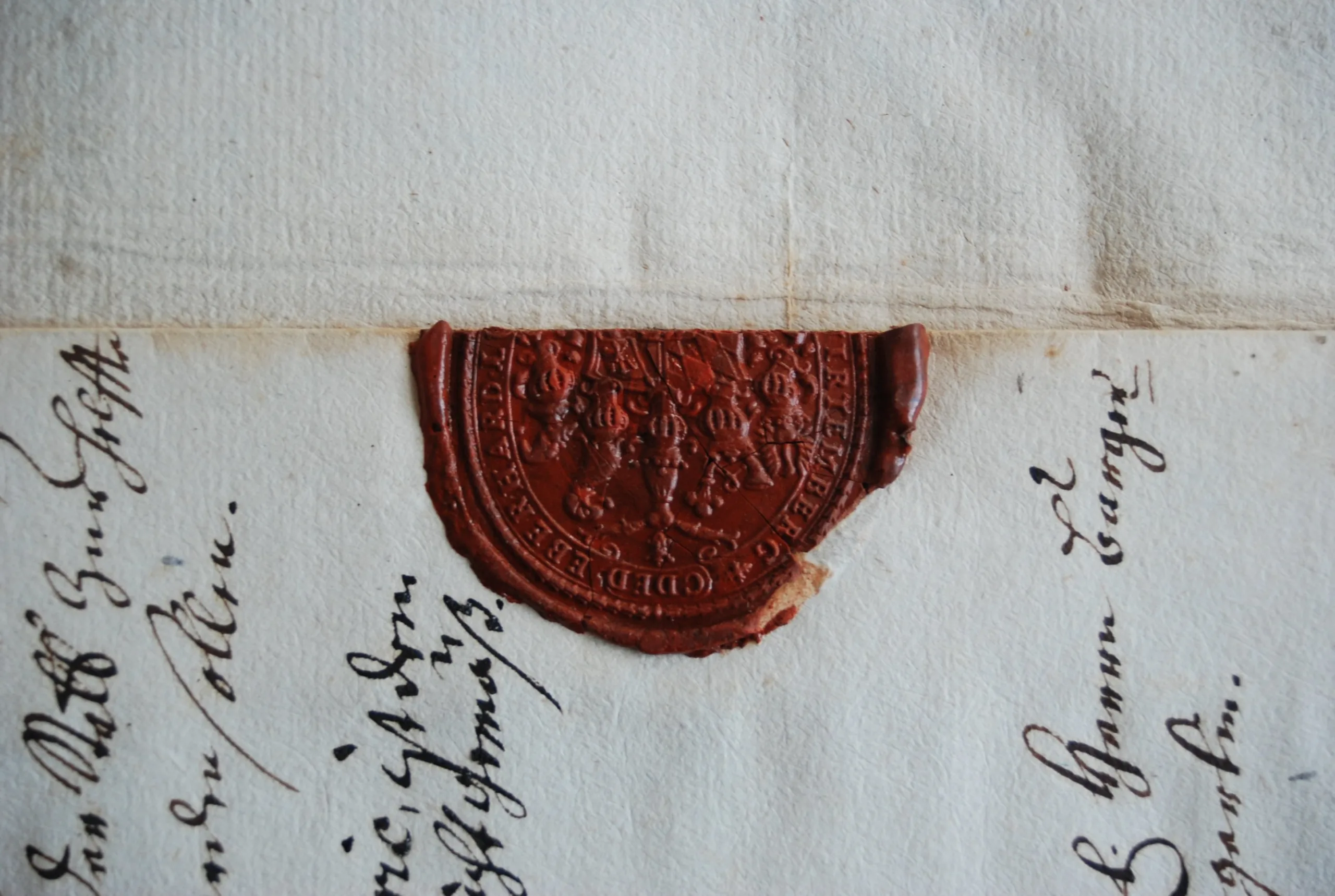
Transparency - reporting on cases in the family courts
What it is, who and how we can help
For many years, criticisms have been levelled at the family courts for being too secretive and for making decisions behind closed doors. Family hearings take place in private and, whilst journalists were allowed to attend hearings, what they could report was very restricted.
In response to calls for greater transparency, the Transparency Implementation Group was formed and made recommendations, which have led to more openness in family proceedings. At present there are two pilot schemes taking place, one in relation to financial proceedings and one in relation to children work.
In financial remedy proceedings, court lists now contain the names of the parties and the type of the case (previously the case was only identified by a number). If reporters do attend court then they are entitled to see certain documents (for example, the parties’ position statements) and they can also ask the court to see additional documents. The court will consider the terms of a transparency order, which will permit anonymised reporting of what the case is about. There are certain details (for examples names and addresses) which must not be reported without permission of the court.
In cases concerning children, the court lists will remain anonymous. Reporters are entitled to view certain documents and can ask the court for further documents. Again, the court will consider the terms of a Transparency Order and will contain details of what must not be reported without the courts express permission.
If you are concerned about a reporter attending your case then we can help advise you on considering alternative methods of dispute resolution where confidentiality can be assured. If your case does end up in court then we can assist by preparing robust submissions to the court inviting the Judge to depart from the terms of a standard Transparency Order and to add in additional restrictions on reporting.
FAQs
Possibly. At present different judges may take a different approach to whether the parties’ names appear in the judgment.
The safest option would be to step outside of the court system and seek to resolve matters by way of Non-Court Dispute Resolution. By engaging in a process such as arbitration, confidentiality can be protected.
No. It is relatively unusual for a journalist to attend a hearing unless the parties are well known. However, there is always the possibility that a journalist may be in attendance and proper preparation for any hearing will include consideration of what submissions to make in that eventuality.
Insights


How Is Parental Responsibility Decided Following Divorce Or Separation?




